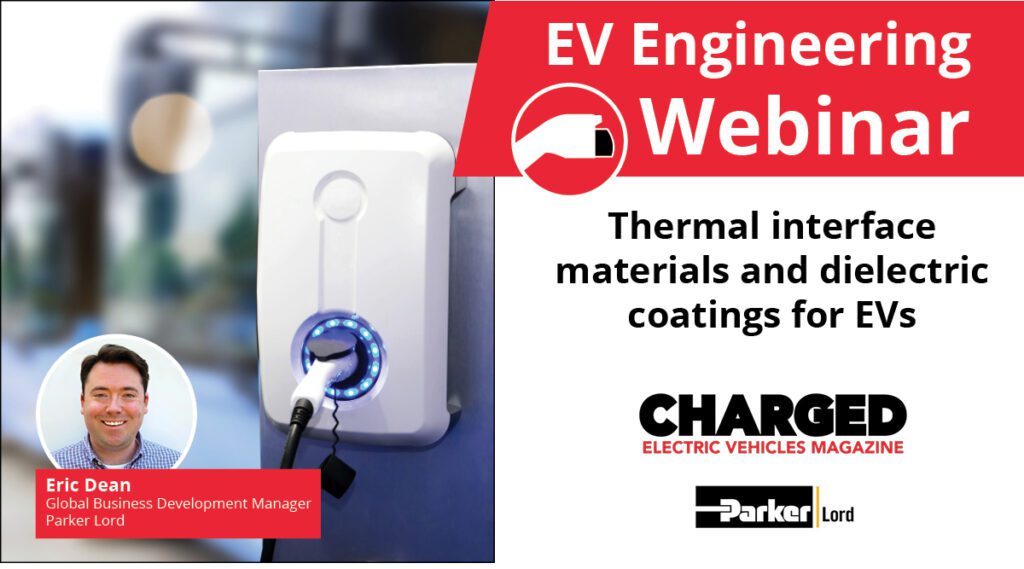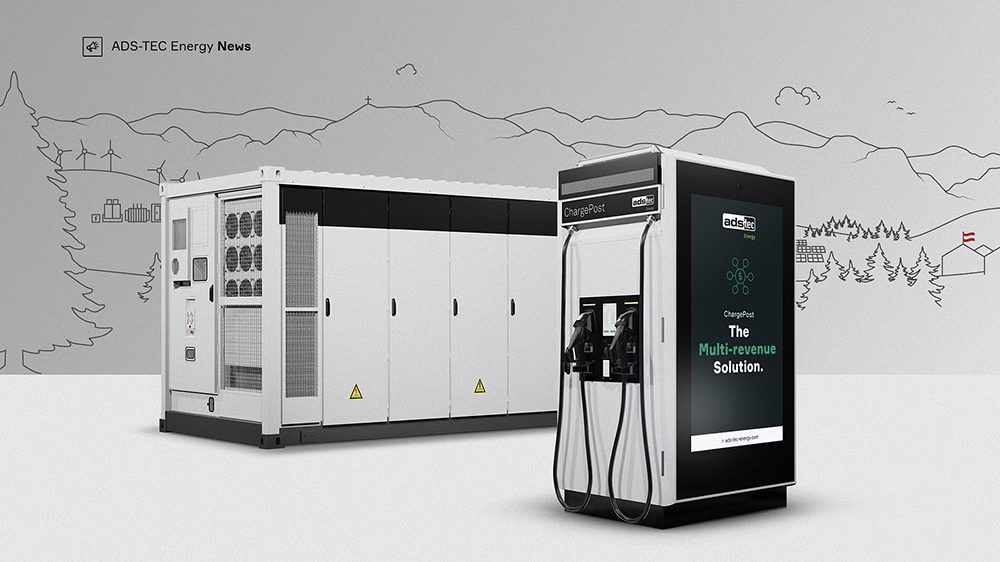The California Air Resources Board (CARB) will delay enforcing some of the registration and reporting provisions of its Advanced Clean Fleets regulation, which had been scheduled to take effect at the end of 2023.
Under the rule, drayage fleets and other “high-priority” fleets had until December 31 to register any legacy combustion-powered trucks operating at intermodal seaports or railyards. After that date, registering new ICE trucks would effectively be banned, as all new vehicles added to fleets would have to meet zero-emission standards.
The decision represents a temporary cease-fire in the war between CARB and the California Trucking Association (CTA), which opposes emissions regulations, and has filed a lawsuit against CARB. The trade group had planned to ask courts for an injunction to halt enforcement of the high-priority fleet rules, on the grounds that the agency lacks the authority to enforce such rules without a waiver from the EPA. In response, CARB circulated an advisory saying that it would not enforce those provisions until the EPA grants such a waiver.
SEE ALSO: Why terminal tractors are the best first choice to electrify
A letter from CARB Executive Officer Steven Cliff to CTA Senior VP Chris Shimoda outlined a truce under which the agency agreed to delay enforcement of the rule, and the trade group agreed not to file a preliminary injunction motion while the waiver request is pending.
“We appreciate the opportunity to discuss issues with regulated parties and other stakeholders,” CARB’s Steven Cliff wrote in his letter. “We are pleased the parties were able to come to an understanding to avoid resource-intensive motion practice in this litigation.”
However, CARB warned that delayed enforcement does not allow trucking firms to add more legacy vehicles to their fleets—it only makes reporting optional for the moment.
“Reporting is optional until the waiver is granted or determined to be unnecessary,” CARB said in the advisory. “However, fleets will need to report their fleet as it existed on January 1, 2024, as well as any removals or additions to the California fleet since January 1, 2024, once the waiver is granted or is determined to be unnecessary.”
Assuming EPA sides with CARB, the agency could “de-register non-compliant vehicles” in the drayage registry. This means that, if a fleet buys new diesel-powered trucks, they could risk losing the ability to use those trucks at California ports.
Given the risk, Mr. Shimoda advised trucking operators to voluntarily comply with the regulations while CARB waits for EPA to grant a waiver, a process that’s expected to take months, or possibly as much as a year.
“We continue to oppose this rule for being utterly infeasible to achieve and for violating multiple state and federal laws,” said CTA CEO Eric Sauer. “We will continue to advance arguments in future court proceedings and hope a more reasonable and achievable path to zero emissions can be reached.”
CARB aims to force the trucking industry to electrify by means of two complementary sets of regulations: the Advanced Clean Trucks rule, which requires manufacturers to sell increasing numbers of zero-emission vehicles; and the Advanced Clean Fleets rule, which requires operators to buy them (or more precisely, not to buy combustion-engine vehicles).
In April, EPA granted CARB a waiver to enforce the Advanced Clean Trucks rule. The Western States Trucking Association, another trade group, has filed two lawsuits challenging both rules.
California offers a range of subsidy and rebate programs to help operators defray the up-front cost of electric trucks, but as always, complying with the regs and taking advantage of the available incentives is likely to be more challenging for smaller operators.
Sources: Trucking Dive, Clean Trucking









































































































